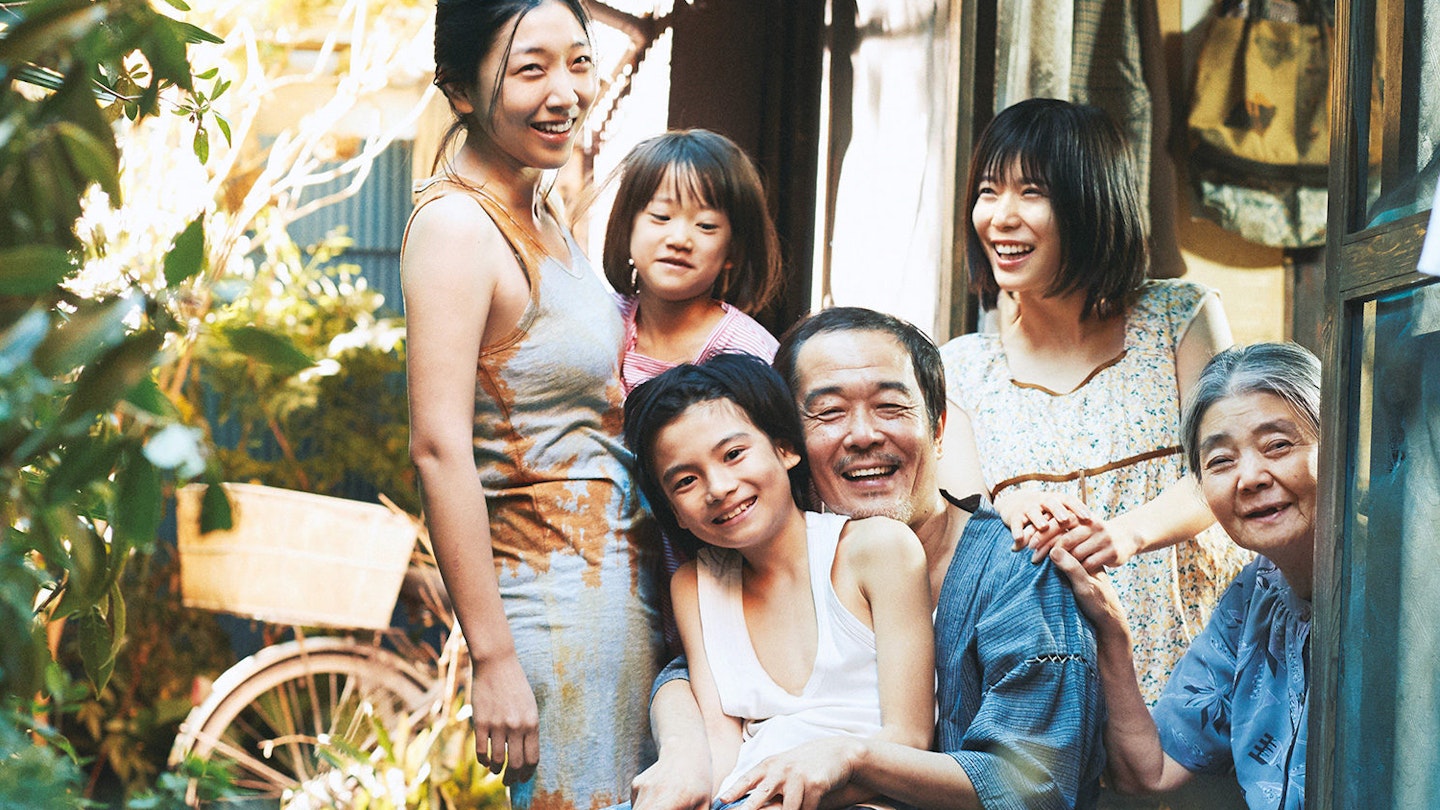Japanese auteur Hirokazu Kore-eda has spent over a decade examining the dynamics of family life, and he deservedly won the Palme d'or at Cannes for this intricately scripted and impeccably played saga, which centres on an even more unconventional unit than the one depicted in the masterly Nobody Knows. As usual, the influence of Yasujiro Ozu and Mikio Naruse can be felt in Kore-eda's flintily compassionate humanism. But, with its focus on female sacrifice and suffering, this also recalls the heartbreaking 1930s melodramas of Kenji Mizoguchi, in which women on the margins did whatever it took to provide for their loved ones.
Nothing is quite what it seems, as Kore-eda sets his scene in a ramshackle abode in an overlooked part of Tokyo. Indeed, there's an offbeat adult fairy tale feel to the waifs and strays gathered around labourer Osamu (Franky) and laundress Nobuyo (Ando), with grandmother Hatsue (Kirin Kiki) collecting the pension of her deceased husband, twentysomething Aki (Mayu Matsuoka) falling for a damaged soul at the peep show where she performs in a glass booth, tweenager Shota (Kairi Jyo) being educated in the school of life, and moppet Yuri (Sasaki) basking in the affection of her new family after being beaten by her parents. But, as Kore-eda cajoles the audience into becoming fond of this motley crew, he also starts leaving disquieting clues about each character's past.
Thanks to the brilliance of the cast (with Franky and Ando excelling in a poignant love-making sequence), these careless words, small gestures and tell-tale expressions acquire enormous emotional power, as Ryuto Kondo's camera insinuates itself into every nook and cranny of Keiko Mitsumatsu's cosily cluttered interiors. Yet there's never a hint of contrivance or cheap sentiment, as Kore-eda challenges societal convention and questions the priorities of those who wield power while being detached from reality.
